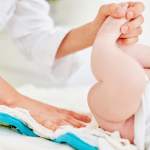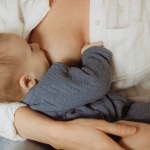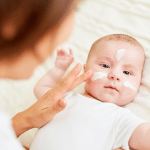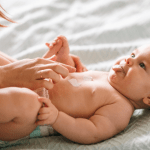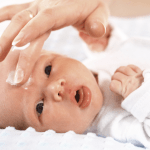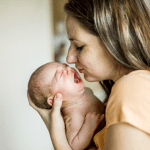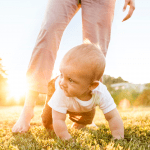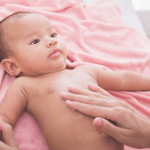How often do you wash your baby’s hands? You probably do this 10 times a day easily.
But depending on what type of soap you’re using, you and your family could be exposing yourselves to the toxic chemical, which is known to mess up our hormone system.
Triclosan is a powerful synthetic chemical for killing bacteria and fungi for HOSPITALS that has become overused. It is used as an antibacterial agent because it inhibits the growth of bacteria.
Triclosan is so powerful and such a problem that the FDA banned triclosan in antibacterial soaps in 2017.
However, it is still found in everyday products like dish soaps, personal care products, toothpastes, and mouthwashes. Using products with triclosan may also contribute to the evolution of stronger, more drug-resistant bacteria.
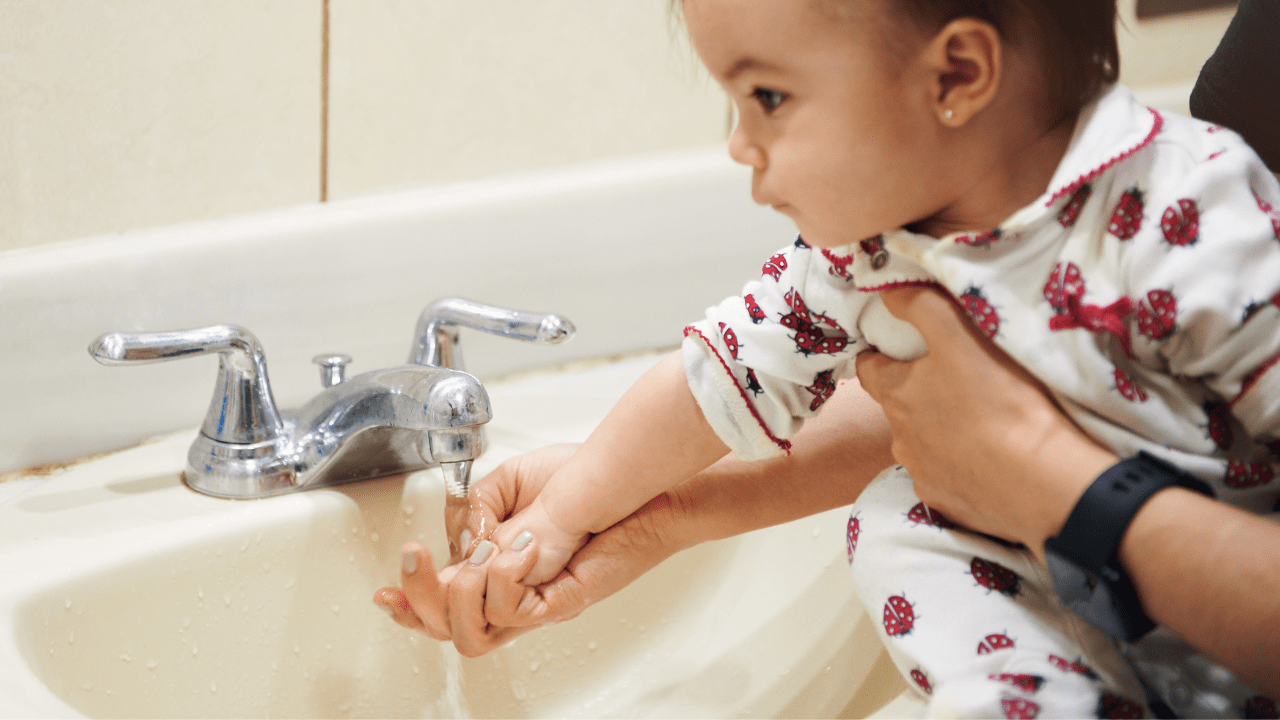
What are its effects on your child?
Children exposed to triclosan from an early age have an increased chance of developing allergies, asthma, and eczema.
The use of triclosan is also linked to the following effects:
- Weakening of the immune system
- Uncontrolled cell growth
- Abnormal endocrine and thyroid function
- Developmental and reproductive toxicity
- Irritates the eyes and skin
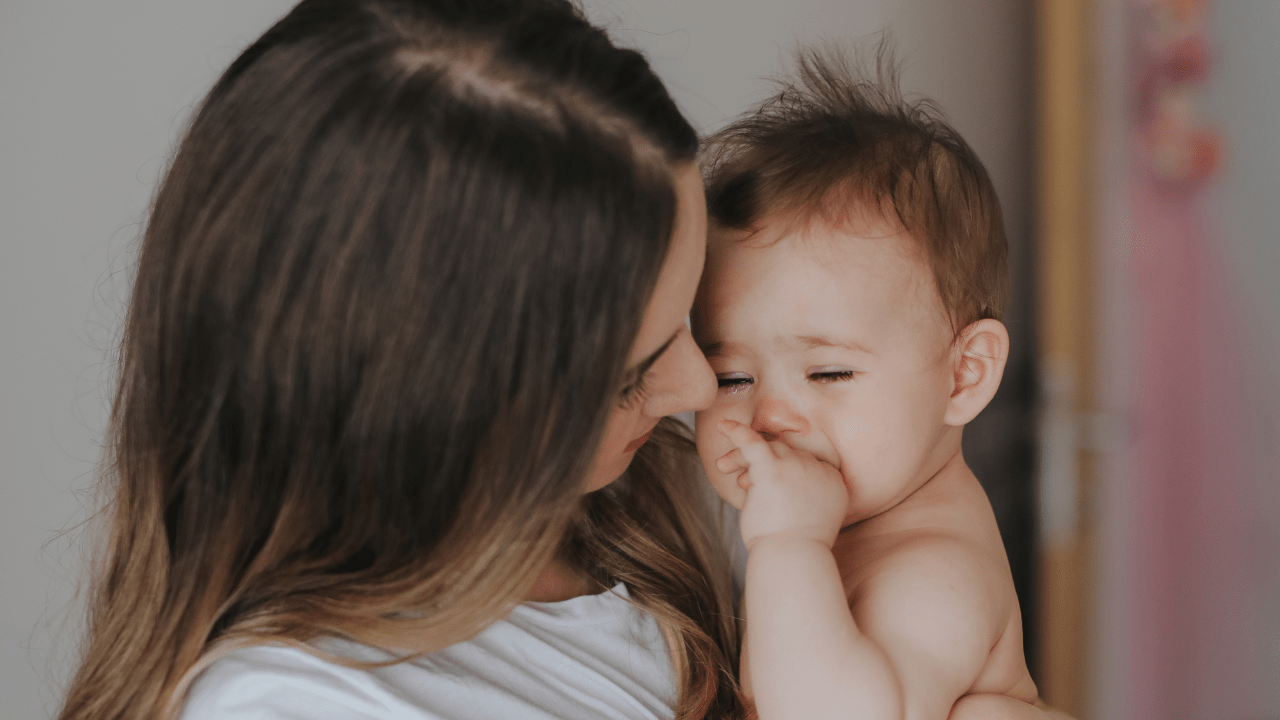
Recent studies have shown that triclosan has also been found in the urine of both moms and babies.
So, how can you protect yourself and your baby?
- Stop using antibacterial and antimicrobial soaps
- Stay away from everyday products (clothes, toys, kitchenware, and furniture) labeled antibacterial.
- Read ingredients labels on all personal care products, and look out for labels that state: “antimicrobial protection.” Some antibacterial soaps may use triclosan’s cousin, triclocarban, in place of triclosan.
- This is the most important one: Switch to topical products that are water-free. All products that contain water are full of chemicals that are not baby-safe. Only water-free products can be chemical-free and baby-safe.

